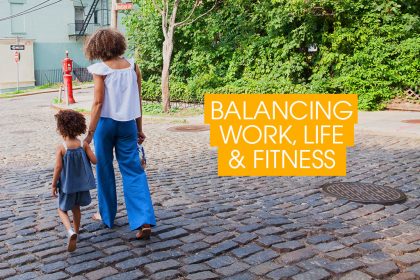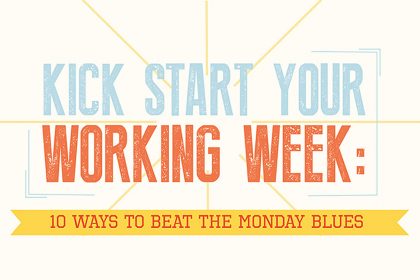Should you sleep before a flight?
As the peak holiday season is in full swing, many travellers are gearing up for their journeys, however the challenge of managing sleep due to pre-trip excitement.
Bed makers Get Laid Beds partnered with sleep expert Charli Davies, Founder of Snuzzze, to share tips on whether you should sleep before your flight – especially if you have an early short haul flight – and how to maximise rest during travel.
Should you sleep before your flight?
If you’ve had a sleepless night before your flight, catching some rest at the airport or on the plane can be beneficial, though it’s not a perfect solution. The key is to make the most of the available opportunities for rest. If possible, prioritise getting quality sleep before your departure to reduce the need for airport or plane naps.
Sleeping at the airport
Finding a comfortable place to rest at the airport can be challenging due to bright lights, constant noise, and frequent announcements. For substantial rest, checking into a nearby hotel is ideal if time allows. However, for a brief nap, seek out a quiet spot and use an eye mask to block out light. A 20-minute nap can provide much-needed refreshment.
Sleeping on the plane
Sleeping on a plane may offer slightly better comfort than at an airport, but disturbances can still impact sleep quality. Using an eye mask and earplugs can help reduce interruptions. Be mindful of the time of day, direction of travel, and time difference upon landing when planning your sleep to better align with your destination’s time zone.
The health impacts of not getting enough sleep when traveling
Occasional sleep disruptions due to airports or planes are generally not harmful, but frequent occurrences can have long-term health consequences. If you must sleep at the airport or on the plane, consider the impact on the next day and prioritise quality sleep at your destination, keeping in mind any time differences.
How keeping hydrated can help with sleep
Maintaining proper hydration is crucial during air travel. Factors such as air conditioning, low humidity levels, and cabin pressurisation, along with limited food and drink options, can lead to dehydration. This can affect sleep quality for days after the flight, potentially more so than the sleep disruption itself. Regular water intake and avoiding excessive caffeine and alcohol are essential.
UK airports with strict sleeping policies
Travellers should be aware that some UK airports frown upon sleeping in their terminals, which can further complicate your efforts to rest before departure.
Stansted Airport apparently has the worst reputation for not being kind on weary travellers. There’s little seating, and what there is usually has armrests. Sleeping on the floor is not allowed, and ‘anti-snooze’ staff are said to wake anyone found sleeping there. Restaurants and cafes also don’t allow travellers to rest on their chairs or benches.
Manchester, Birmingham and London Heathrow are also said to have strict policies regarding sleeping.
Get Laid Beds was launched in 2011 by Jonny Haskins and Jean Lombard. Each bed is hand crafted in the UK, made to order and designed to last generations. They sell a range of wooden beds in all sizes, as well as four poster beds, low beds, innovative storage beds and more in a range of 17 colours and finishes to choose from.










